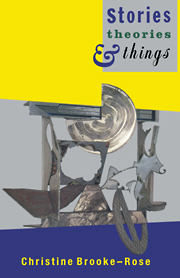Summary
This book is about both literary theory and creativity; that is, it mostly contains chapters that were originally asked of me as critic and teacher, but also a few that were asked of me as critic and novelist (1, 3, 10, 11, 18, see Acknowledgements below). I believe they are deeply connected, and have considerably reworked most of them as well as added to them to bring this out, and make a coherent, continuous book.
Novelists are usually indifferent theorists, and possibly this is true of me. Occasionally they are better theorists than novelists. Either way the novelist can often throw an aura of doubt or humour or particular perception upon theory. The book (and particularly Chapter 1, more personal than the rest) is in fact about this connection, about how the critic and teacher reads also as writer and how the novelist writes also as theorist, aware of a fundamental inseparability of elements that critics and teachers have to separate, even rejoice in separating, pin-pointing, for the purpose of this or that type of analysis, though some try to refound them into large universal systems which the novelist knows can only hold in a precarious suspension of disbelief: as with poems and stories, as with ideal definitions of form and formal definitions of ideas, as with statements of position, confessions, autobiographies, greater aims, interpretations, glimmerings of overall themes. All are protean, capturable for brief moments in language, but already changed even into their opposites another brief moment later.
- Type
- Chapter
- Information
- Stories, Theories and Things , pp. ix - xPublisher: Cambridge University PressPrint publication year: 1991



